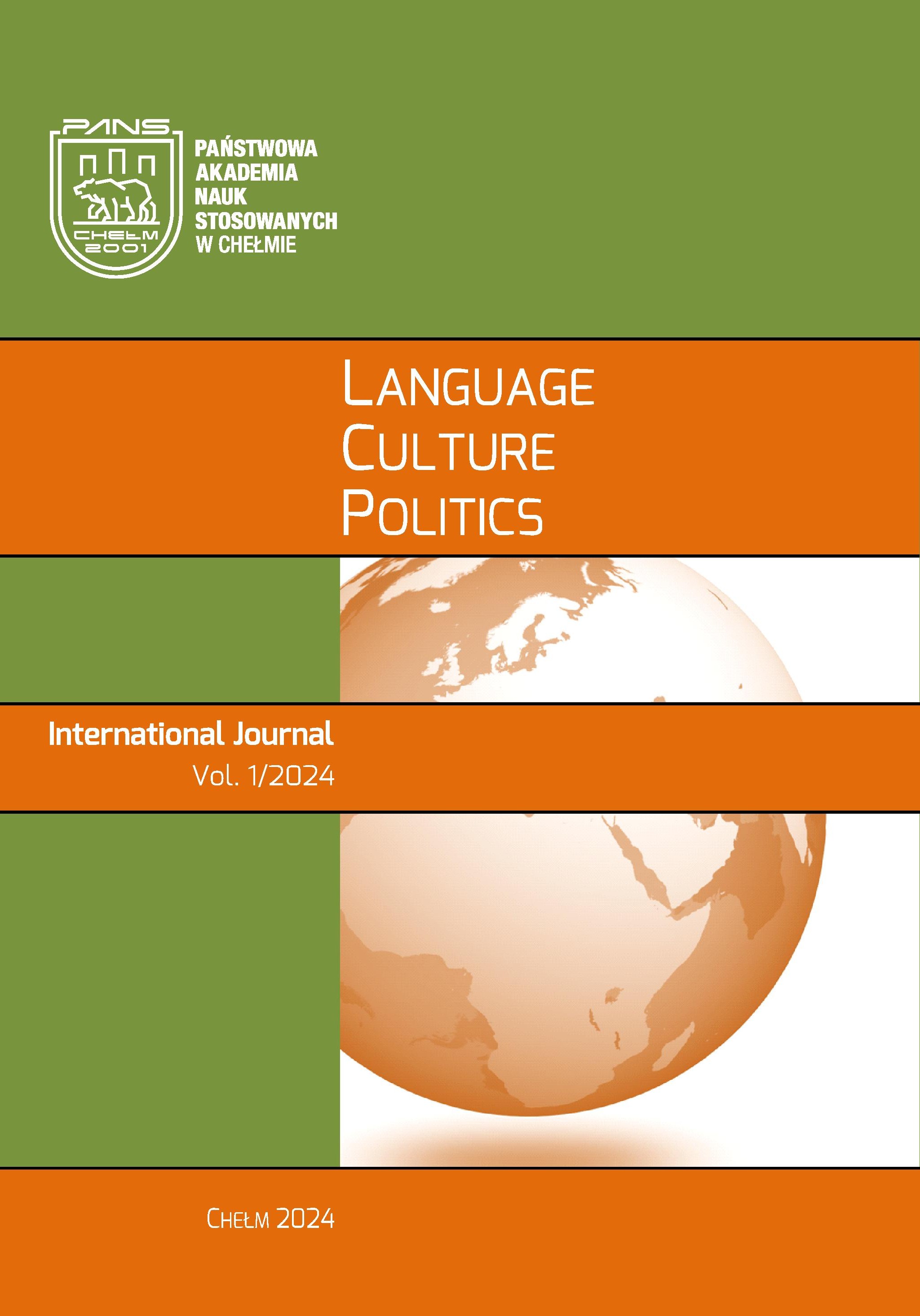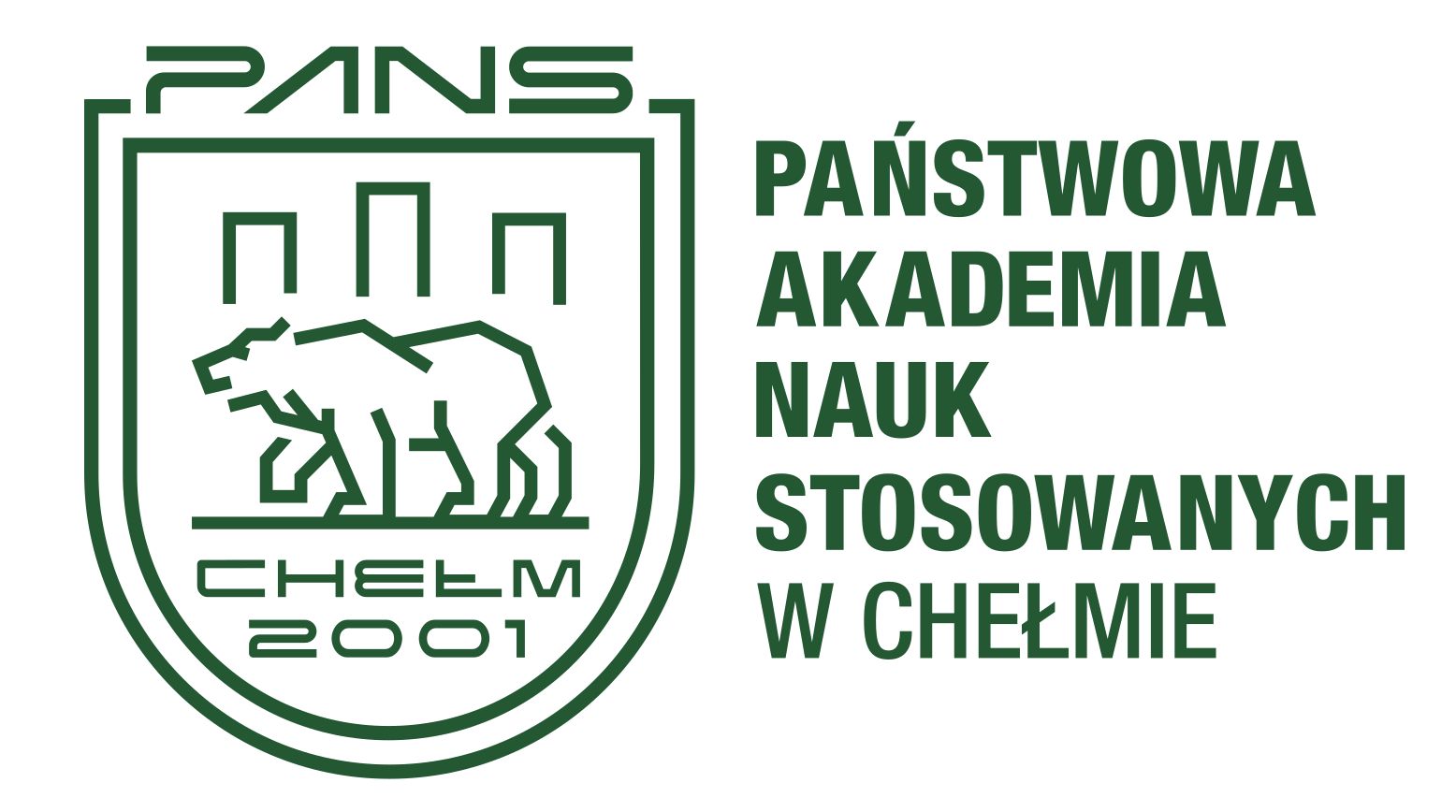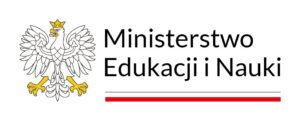Wiara studenta we własne możliwości i odporność na stress w środowisku “on-line” w okresie popandemicznym
DOI:
https://doi.org/10.54515/lcp.2024.1.81-97Słowa kluczowe:
odporność na stres, poczucie własnej skuteczności, proces samokierowania, środowisko uczenia się jako złożony system adaptacyjnyAbstrakt
Covid-19 spowodował ogromne zmiany we wszystkich sferach życia, w tym w edukacji. Koronawirus radykalnie zmienił sytuację na całym świecie. Pandemia wymusiła przejście edukacji na tryb nauczania online, w którym treści edukacyjne były dostarczane zarówno synchronicznie, jak i asynchronicznie. Po pandemii powrót do tych samych schematów życia i nauki, co przed pandemią, staje się niemożliwy. Nauczanie hybrydowe stało się rzeczywistością w większości uczelni wyższych w wielu krajach.
Celem tego badania jest ewaluacja aspektów skuteczności środowiska uczenia się online poprzez budowanie odporności uczniów na stres w obliczu Nowej Normalności w czasie po pandemii.
Metodologia badań. Na potrzeby tego badania autorzy wykorzystali kwestionariusz do zbadania odporności na stres i poczucia własnej skuteczności w środowisku uczenia się online po pandemii, a także przeprowadzili wywiady grupowe na temat mechanizmów radzenia sobie w celu budowania większej odporności na stres przez uczniów szkół wyższych. Stwierdzono, że nauczanie online wymaga zmiany paradygmatu w edukacji w kierunku modelu postindustrialnego poprzez skupienie się na konstruktywistycznym podejściu skoncentrowanym na uczniu, we współtworzeniu wiedzy w trybie samodzielnego uczenia się. Zamiarem autorów było zbadanie potencjału podejść pedagogicznych w zakresie zastosowania złożonego projektu środowiska uczenia się online w celu zwiększenia jego efektywności.
Bibliografia
Bandura, A. (1977). Self -efficacy: The exercise of control. New York: W.F. Freeman.
Bates, R., & Khasawneh, S. (2007). “Self - efficacy and college students’ perceptions and use of online learning systems”. In: Computers in Human Behaviour, vol. 23 (1). DOI: https://doi.org/10.1016/j.chb.2004.04.004
Beaudoin, M. (2016). “Issues in distance education: A primer for higher education decision makers”. In: New Directions for Higher Education, vol. 173. DOI: https://doi.org/10.1002/he.20175
Bellinger, A., Bullen, D., & Ford, D. (2014). “Practice research learning: students as c-researchers and co-constructors of knowledge”. In: Nordic Social Work, no 4(1). DOI: https://doi.org/10.1080/2156857X.2014.961526
Brown, T. (2008). “Design thinking”. In: Harvard Business Review, no 86(6).
Checkland, P. (1991). Systems thinking: Systems practice. Chichester, Wiley.
Dusi, D., & Huisman, J. (2020). “It’s more complex than it seems! Employing the concept of consumption to grasp the heterogeneity and complexity of student roles in higher education”. In: Higher Education, vol. 81. DOI: https://doi.org/10.1007/s10734-020-00588-1
Eppel, E. (2012). “What does it take to make surprises less surprising? The contribution of complexity theory to anticipation in public management”. In: Public Management Review, no 14(7). DOI: https://doi.org/10.1080/14719037.2011.650055
Estrada-Muñoz, C., Castillo, D., Vega-Muñoz, A., & Boada-Grau, J. (2020). “Teacher technostress in the Chilean school system”. In: International Journal of Environmental Research. Public Health, no 17, 5280. DOI: https://doi.org/10.3390/ijerph17155280
Taipjutorus, W., Hansen, S., & Brown, M. (2012). “Investigating a relationship between learner control and self-efficacy in an online learning environment”. In: Journal of Open, Flexible and Distance Learning, no 16(1). DOI: https://doi.org/10.61468/jofdl.v16i1.95
Fink, G. (2016). Stress, definitions, mechanisms, and effects outlined: Lessons from Anxiety. Elsevier. DOI: https://doi.org/10.1016/B978-0-12-800951-2.00001-7
Harasim, L.M. (2012). Learning theory and online technology. UK: Routledge. DOI: https://doi.org/10.4324/9780203846933
Fawaz, M., & Samaha, A. (2020). “E-learning: Depression, anxiety, and stress symptomatology among Lebanese university students during COVID-19 quarantine”. In: Pub Med, np. 56(1). DOI: https://doi.org/10.1111/nuf.12521
Heylighen, F. (2008). Complexity and self-organization. In: M. J. Bates & M. N. Maack (dds.), Encyclopaedia of library and information sciences. t. 2. Oxford: Taylor and Francis.
Hemhill, H., Hemhill, L., & Runquist, R. (2019). Improving completion in online education system: An application of systems thinking. Learning, design, and technology. In: M.J. Spector, B. Lockee, M.D. Childress (eds). Learning, design, and technology. Cham: Springer International Publishing. DOI: https://doi.org/10.1007/978-3-319-17727-4_104-1
Holland, J. H. (1998). Emergence: From chaos to order. Oxford University Press. DOI: https://doi.org/10.1093/oso/9780198504092.001.0001
Khong, H., Celik, I., & Le, T. et al.(2022). “Examining teachers’ behavioural intention for online teaching after COVID-19 pandemic: A large-scale survey”. In: Education Information Technologies, no 28. DOI: https://doi.org/10.1007/s10639-022-11417-6
Lawrence, R. J., & Despres, C. (2004). “Futures of trans-disciplinarity”. In: Futures, no 36(4). DOI: https://doi.org/10.1016/j.futures.2003.10.005
Lizana, P., Vega-Fernadez, G., Gomez-Bruton, A., Leyton, B., & Lera, L. (2021). “Impact of the COVID-19 pandemic on teacher quality of life: A longitudinal study from before and during the health crisis”. In: International Journal of Environmental Research and Public Health, no 18(7). DOI: https://doi.org/10.3390/ijerph18073764
Martinez-Sanchez, A., Vela-Jimenes, M.J., Abella-Garces, S., Gogemasns, S. (2019). “Flexibility and innovation: Moderator effects of cooperation and dynamism”. In: Personnel Review, no. 48(6). DOI: https://doi.org/10.1108/PR-12-2017-0397
Mao, J., & Shearer, P.L. (2019). Technology affordances in online learning: A system thinking and system dynamics theoretical framework. In: M.J. Spector, B.B. Locke, M.D. Childress (eds). Learning, Design, and Technology. Cham: Springer, International Publishing. DOI: https://doi.org/10.1007/978-3-319-17727-4_106-1
Redecker, C. (2017). European framework for the digital competence of educators: DigCompEdu. Y. Punie, (ed). EUR 28775 EN. Publications Office of the European Union, Luxembourg.
Pellas, N. (2014). “The influence of computer self-efficacy, metacognitive self-regulation on students engagement, in online learning programmes: Evidence from the virtual world of Second Life”. In: Computers in Human Behaviour, no 35. DOI: https://doi.org/10.1016/j.chb.2014.02.048
Reigeluth, C.M. (2019). Chaos theory and the sciences of complexity: Foundation for transforming educational systems. In: M. Spectoe, B. Locke, M. Childress (eds). Learning, design, and technology. Cham: Springer International Publishing. DOI: https://doi.org/10.1007/978-3-319-17727-4_95-1
Scott, A., Woolcott, G., Keast, R., & Chamberlain, D. (2018). “Sustainability of collaborative networks in higher education research projects. Why complexity? Why not?” In: Public Management Review, no 20(7). DOI: https://doi.org/10.1080/14719037.2017.1364410
Sockman, B, R., Cloosey, L., Carducci, O.M., Batson-Magnuson, L., Mazure, D., White, G., et al (2019). System thinking as a heuristic for the implementation of service learning in a university. In: M.J. Spector, B., Lockee, M. Childress (eds). Learning, design, and technology. Cham:Springer, International Publishing. DOI: https://doi.org/10.1007/978-3-319-17727-4_91-1
Taipjutorus, W. (2014). The relationship between learner control and online learning self-efficacy. (Doctoral Dissertation), Massey University, Manawatu Campus, New Zealand.
The Digital Competence Framework (DigComp). https://digital-skills-jobs.europa.eu/en/actions/european-initiatives/digital-competence-framework-digcomp, 20.04.2024.
The Digital Education Action Plan (2021-2027). https://education.ec.europa.eu/focus-topics/digital-education/action-plan, 20.04.2024.
Tamin, S. (2020). “Analysing the complexities of online education Systems: A system thinking perspective”. In: Technology Trends, no 64. DOI: https://doi.org/10.1007/s11528-020-00538-9
Wells, J. (2013). Complexity and sustainability.UK: Routledge. DOI: https://doi.org/10.4324/9780203095676
World Health Organization (WHO) (2020). COVID-19 situation reports. 2020. https://www.who.int/emergencies/diseases/novel-coronavirus-2019/situation-reports, 20.04.2024.
Wood, J. (2007). Win-win-win: synergy tools for meta-designers. In: I. Inns, (ed,). Designing for the 21st century: Interdisciplinary Questions and Insights. Aldershot: Gower.











